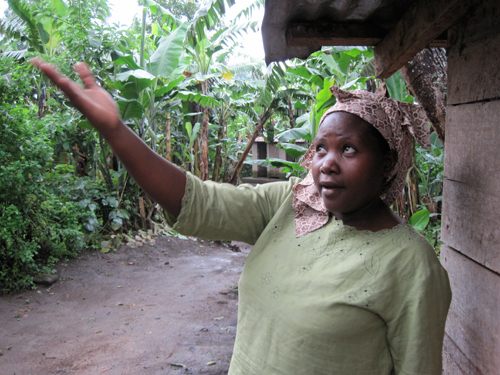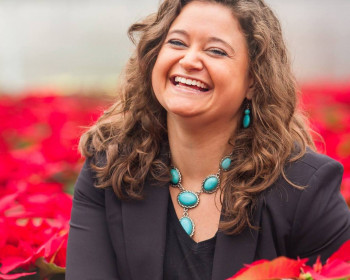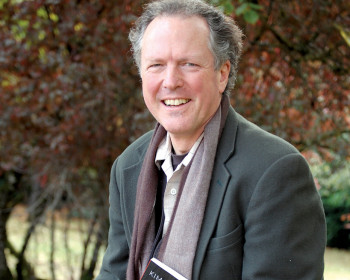Students and faculty work to advance culturally appropriate counseling in Uganda and America
Open gallery

For two weeks last May, Lewis & Clark graduate students and faculty worked alongside counselors in Uganda to advance the practice of family therapy.
Emphasizing cultural context and collaboration in international training is critical to the quality of family therapy both in the United States and abroad. However, the counseling field has not yet developed best practices in cross-cultural training—something Lewis & Clark hopes to change through its international collaborations, research, and published papers.
“A lot of critiques have been published about training across borders, but there’s almost nothing written from the perspective of, ‘what do you do about it?’” said Teresa McDowell, associate professor of counseling psychology and director of the Marriage, Couple, and Family Therapy program. “We’re very excited to be able to write about the process of how we developed and delivered programming in a way that was collaborative and culturally aware.”
The program was the brainchild of McDowell and a Ugandan acquaintance, Paschal Kabura, director of Bishop Magambo Counsellor Training Institute (BMCTI) and head of Vikira Hospital’s Mental Health Department. Kabura invited McDowell to bring a group of Lewis & Clark students to hold a workshop on family therapy for Ugandan counselors at BMCTI in Fort Portal, Uganda.
The concept of transferability infused the program from start to finish. A group of nine graduate students spent nearly six months preparing for the program, engaging in activities aimed at understanding counseling from an African-centered perspective to ensure appropriate cultural adaptation of the workshop content.
With input from McDowell, Kabura, and Assistant Professor of Counseling Psychology Andraé Brown, students developed workshop sessions on well-known family therapy models. Throughout the workshop, participants offered feedback about the presentations and how counseling methods could be further adapted to fit within Ugandan traditions and practices.
“The whole idea of what works and what doesn’t work was an ongoing conversation,” McDowell said. “We sought feedback in discussions and in written evaluations everyday.”
Some of the program participants are analyzing the evaluative data collected during the visit, which McDowell hopes will lead to the publication of two articles on cross-cultural counselor training.
“The graduate school has several international programs,” McDowell said. “It’s on the cutting edge of what needs to happen in graduate education, but it’s a really important edge to be on. The mission of our graduate school is one of social justice and social equity. We truly believe that increasing global awareness influences cultural competence in the local context as well.”
Learn about international collaborations in Egypt and India, led by the Marriage, Couple, and Family Therapy Program.
Graduate Communications is located in room 205 of Rogers Hall on the Graduate Campus.
voice 503-768-6054
fax 503-768-6053
Graduate Communications
Lewis & Clark
615 S. Palatine Hill Road
Portland OR 97219

